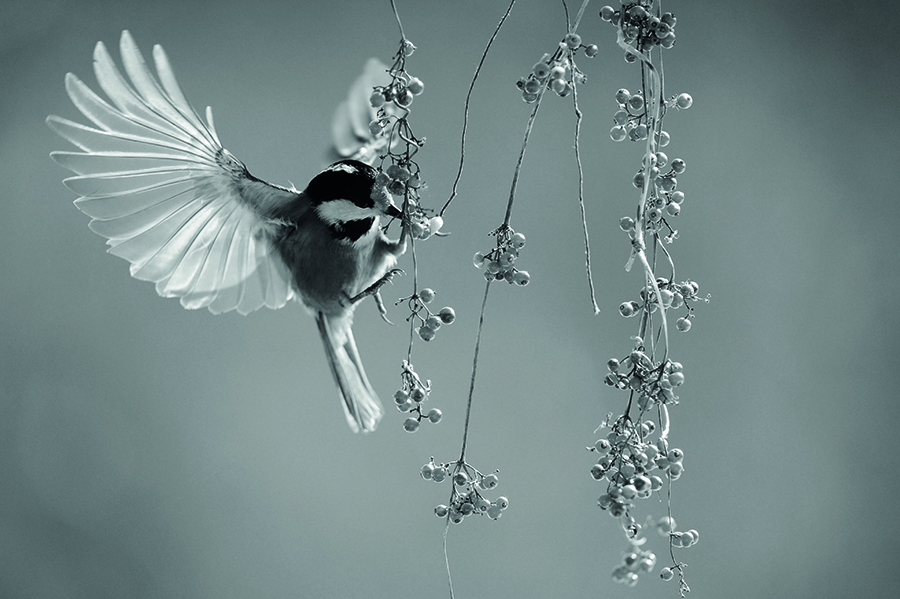Originally published June 2021.
Our farms can be both wildlife-friendly and efficiently productive.
Nirmal Purja, on completing his unique winter climb to the summit of K2, reflected that “Mother Nature always has bigger things to say”. The roar of the wind on that savage mountain would have filled his ears, but we can listen to his wisdom without scaling a 26,000-foot peak. Jane Goodall and David Attenborough, august voices of nature, have expressed the view that covid-19 is caused by our disconnection from our disintegrating environment. They too are telling us to listen, and to act accordingly.
Back at home, I have been alerted to some less well-known voices. With our farm having pursued an ambitious conservation plan for over a generation, it is disquieting that many species special to this landscape are still in steep decline. I have been looking for inspiration to the works of the rewilders, particularly a nearby project at Knepp Castle Estate, which now boasts the highest song-bird densities in England. The results there are challenging the paradigm of conventional good conservation, causing me to review what we do on our marshes and meadows.
Over the last decade we have grown wilder. There is even a patch of our farm referred to as Mini Knepp, and another, where our lapwings nest, called Little Elmley after the great nature reserve in northern Kent. However, the whole hog of rewilding remains economically too difficult. We must continue with our cattle and our sheep or face bankruptcy. This is what the environmentalist Garrett Hardin refers to as ‘the tragedy of the commons’. Mulling over this impasse is taxing.
Just as we must continue to act, we must keep listening too. Received with great relief is a message from another senior voice of nature, Beccy Speight, the bright new chief executive of the Royal Society for the Protection of Birds. Understanding the new energy of the rewilding movement, she has played the sensible hand. Speight has called for a moderation of the polarisation created by extreme demands. Let us spread our reserves into farmland, she says, to merge boundaries and extend the connectivity of wildlife habitats. Let us extend our conservation efforts more widely by joining with the farming community. Let’s not alienate farmers with painted words.
I find many like minds in the farming industry’s own regenerative agriculture movement, in particular in a neat little organisation called the Nature Friendly Farmers Network. The National Farmers Union is finally embracing its role in the conservation of natural resources, championed by its effervescent president, Minette ‘Zero’ Batters, and the Country Land and Business Association continues to work well in this field. All are asking the government to do more and to get on with it more quickly, but successive environment ministers’ fine speeches are not yet buttering the parsnips.
“I have been reliably informed that the farmer’s brain is the most critical environmentally sensitive area”
At the kitchen table, I hear keenly from my wife and our three daughters the urgency of our wildlife’s plight. Sharing their impatience, and always wanting to do more, I read widely for further inspiration. And between the covers I have met a fellow shepherd, from the Lake District, called James Rebanks, whose books The Shepherd’s Life and English Pastoral provide some of the clearest, most emotionally acute and honest words to be found on the subjects of farming in general and of farming for wildlife in particular. In a recent interview on New Zealand radio with Kim Hill, he was asked whether he thought his farm would be a better place without his flock. “Don’t be a dingbat,” he replied.
I have been reliably informed that the farmer’s brain is the most critical environmentally sensitive area. This one is beginning to fill with voices. To clear my mind, I seek wild places in the reaches of our marshland or beneath favoured trees. On my own I can hear, as Nirmal could on K2, that Mother Nature is truly telling me bigger things.








